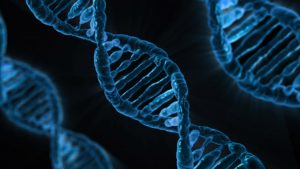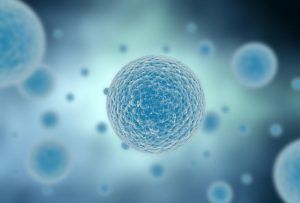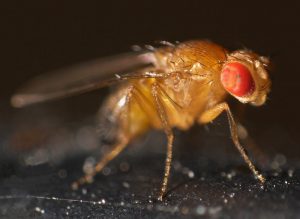
The Game of Cancer: Evolutionary game theory offers new insights in cancer biology
Evolutionary game theory, the application of game theory to evolutionary biology, may provide new insights on how cancer behaves. Earlier this year, a team from

Evolutionary game theory, the application of game theory to evolutionary biology, may provide new insights on how cancer behaves. Earlier this year, a team from

With an increasing intensity in the nation’s opioid epidemic, the public health community has been searching for ways to manage drug addiction. Chemical antagonists have

People have been aware for centuries that hot weather can be detrimental to our health. Recently, a team of researchers from University of Pennsylvania and

You have most likely seen them before: surfaces such as coatings on medical devices that claim to have anti-bacterial properties, killing germs that land on

Prostheses are artificial devices that are designed to replace missing limbs or parts of limbs and restore some of their capabilities. However, more than 30

It is not too difficult to see how an organism develops on a macro scale. Depending on the subject, it can be as simple as

Cells hold key information for understanding the human body, particularly for diseases associated with cell development. For many years, researchers have struggled to measure cell

Ask ten students how much they sleep and you’ll end up with ten different answers. Although it’s generally accepted that eight hours a night is

“According to all known laws of aviation, there is no way that a bee should be able to fly.” This opening line from the Bee

Drugs that treat diseases of the brain are notoriously difficult to create. The first barrier to the development of these drugs is physical—the blood-brain barrier